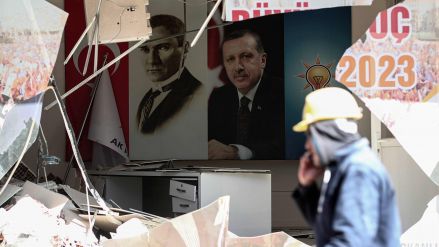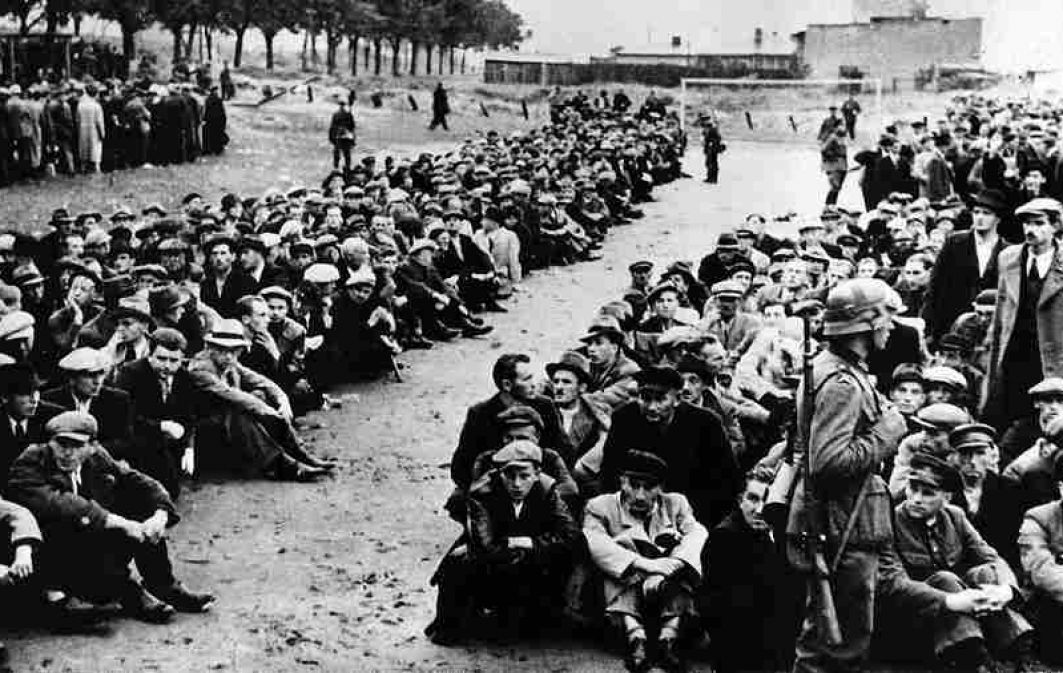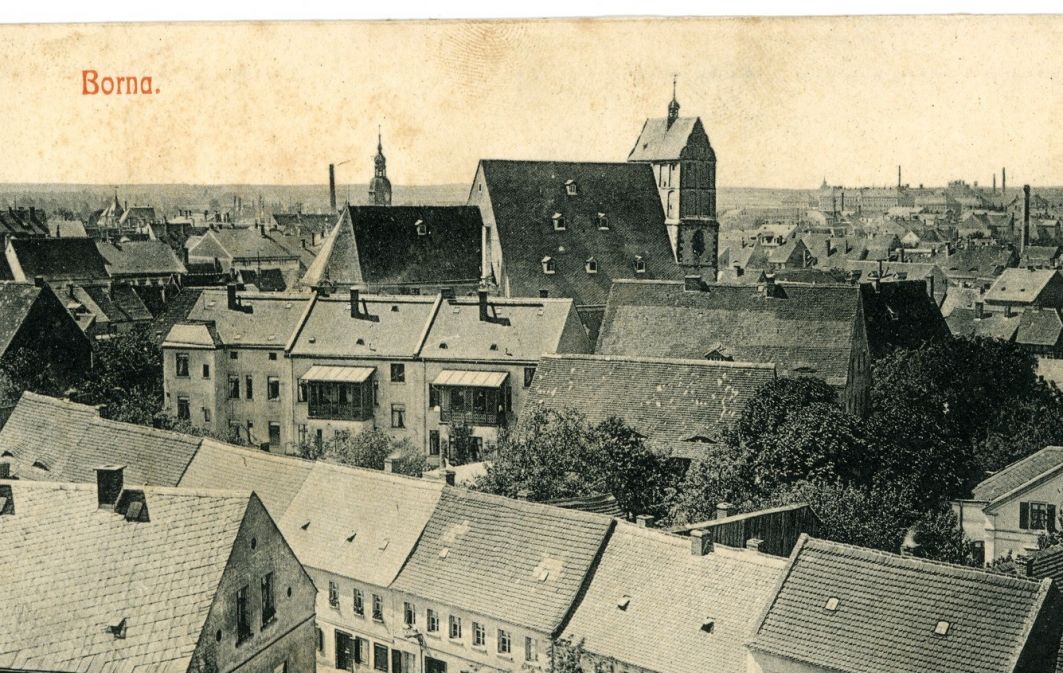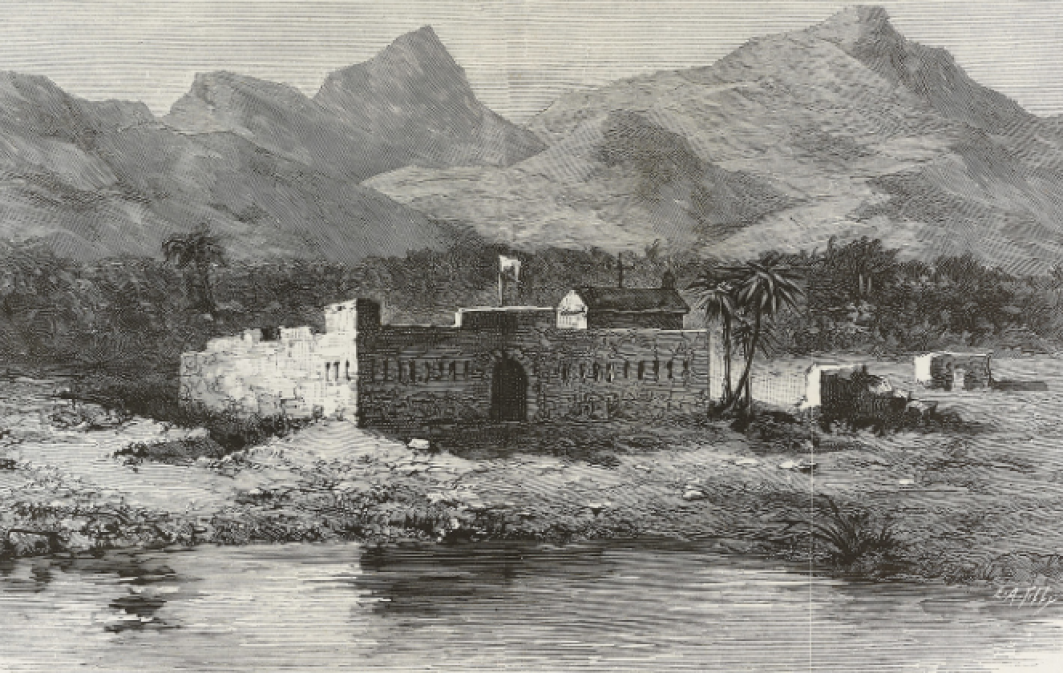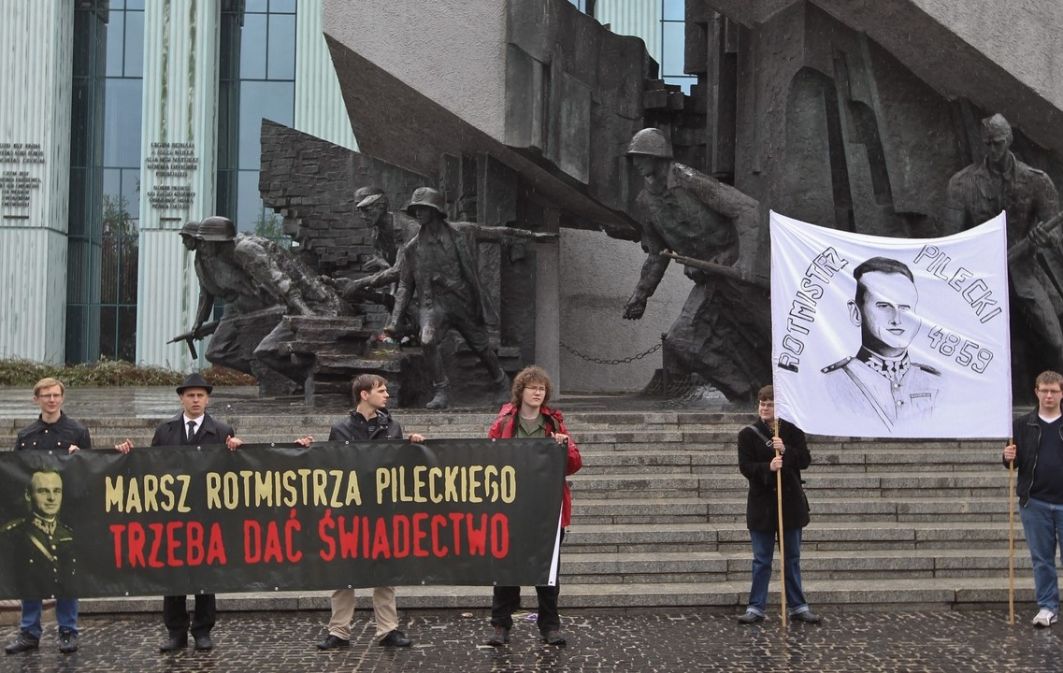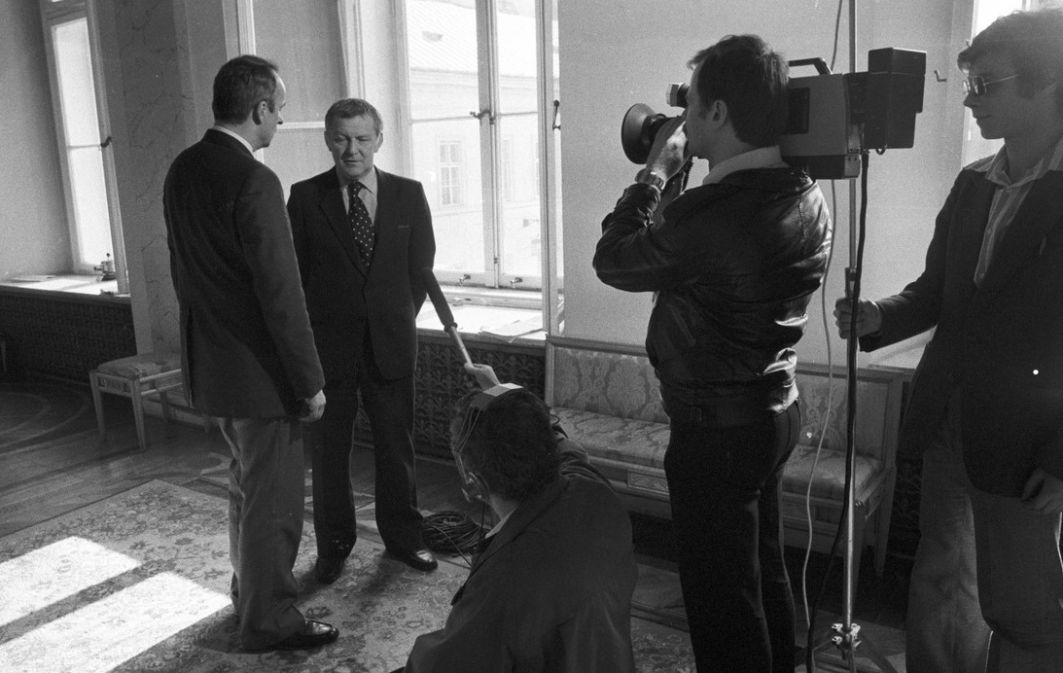Whatever the initial problems that led to his posting in Syria, they were not serious enough to harm Kemal's career as an officer and diplomat. In 1913 -- after Libya and before Gallipoli -- he was apppointed a military attaché in Sofia. He led a lively social life and it was there that he met the woman who, according to insiders, was reportedly the love of his life. Dimitrina Kovaczewa was the daughter of the Minister of War, so her parents knew Kemal well and apparently liked him. However, marriage with a Muslim was out of the question.
When asked many years later if he had ever been in love, Kemal responded: "In love? Did I have time for this?"
In a small house in the forest
I'm not sure he really did, although there were a few significant women in his life. The most mysterious was his relationship with Fikriye [Zeynep Fikriye Özdinçer], his stepfather's niece. Their relationship was very unconventional for the times, given that they lived together in Angora without being married. Fikriye, who had previously divorced her husband, formally acted as Kemal's assistant. When he married Latife Uşakîzâde, a modern, Paris-educated girl from a wealthy family from Izmir, Fikriye committed suicide. Kemal never mentioned her name again.
The marriage with Latife was not successful and lasted only two years. No great surprise since Kemal entered into it primarily for didactic reasons, you might say. He was convinced he had to show the Turks what a modern marriage between modern people should look like in the new Turkey. Both appeared together in public, serving as role models for others, but in the privacy of their home they were hardly examples of marital happiness [after three years of marriage, they divorced]. Relatives witnessed the domestic scene. Latife recalled how once, when complaining to a family friend, she was told: "You married not a husband, but a tiger. You can't tame a tiger."
In his family life, Kemal had to be satisfied with thirteen adopted children (twelve girls and one boy) -- he had no children of his own. One, Sabiha Gökcen, the first female pilot in Turkey and one of the first female fighter pilots in the world, was to gain fame. The İstanbul airport on the Asian shore of the Bosphorus was named after her. The airport on the European shore [that in 2022 ceased operations regarding passenger flights which are now served by İstanbul Airport] is named after her father.
Kemal derived all his enormous authority from his achievements. He lived modestly, did not expect splendor and rather than spend time in the presidential Çankaya Palace in Ankara preferred to stay in a small house that he had been gifted by friends in the nearby forest (today it is the site of the new, huge residence built for President Recep Erdoğan). Kemal liked to feast there in the company of his male friends, a predeliction that likely contributed indirectly to his death. He had been in poor health since his youth, first with kidney problems, later with liver problems. He suffered from insomnia. The hardships of countless military campaigns and his tireless work for the state exacted a toll, and his daily consumption of a bottle of raki did nothing to improve his condition.
When in İstanbul, as befitted his position, Kemal would stay in the Sultan's Palace of Dolmabahçe, but rather than make use of the large chambers, he insisted on maintaining two modest rooms. It was there that he died on November 10, 1938. Every Turkish child knows that it happened in the morning, at 9.05 am, because ever since, as a mark of respect, life in Turkey stops for one minute at precisely that time. He was 57 years old. As one Internet user put it aptly, death was the only thing Kemal did wrong in his life. Because he left too soon.
– Teresa Stylińska
TVP WEEKLY. Editorial team and jornalists
– Translated by Agnieszka Rakoczy 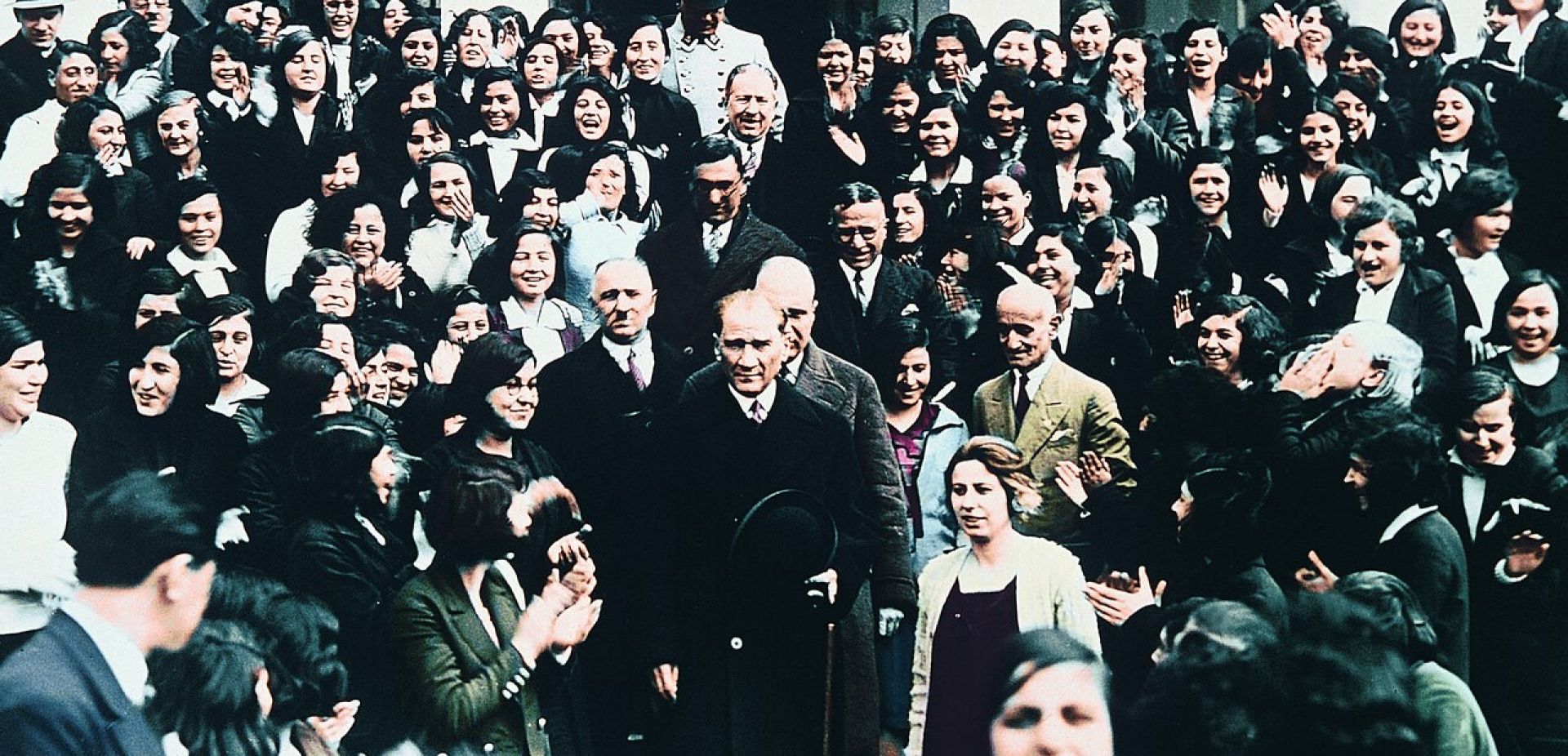
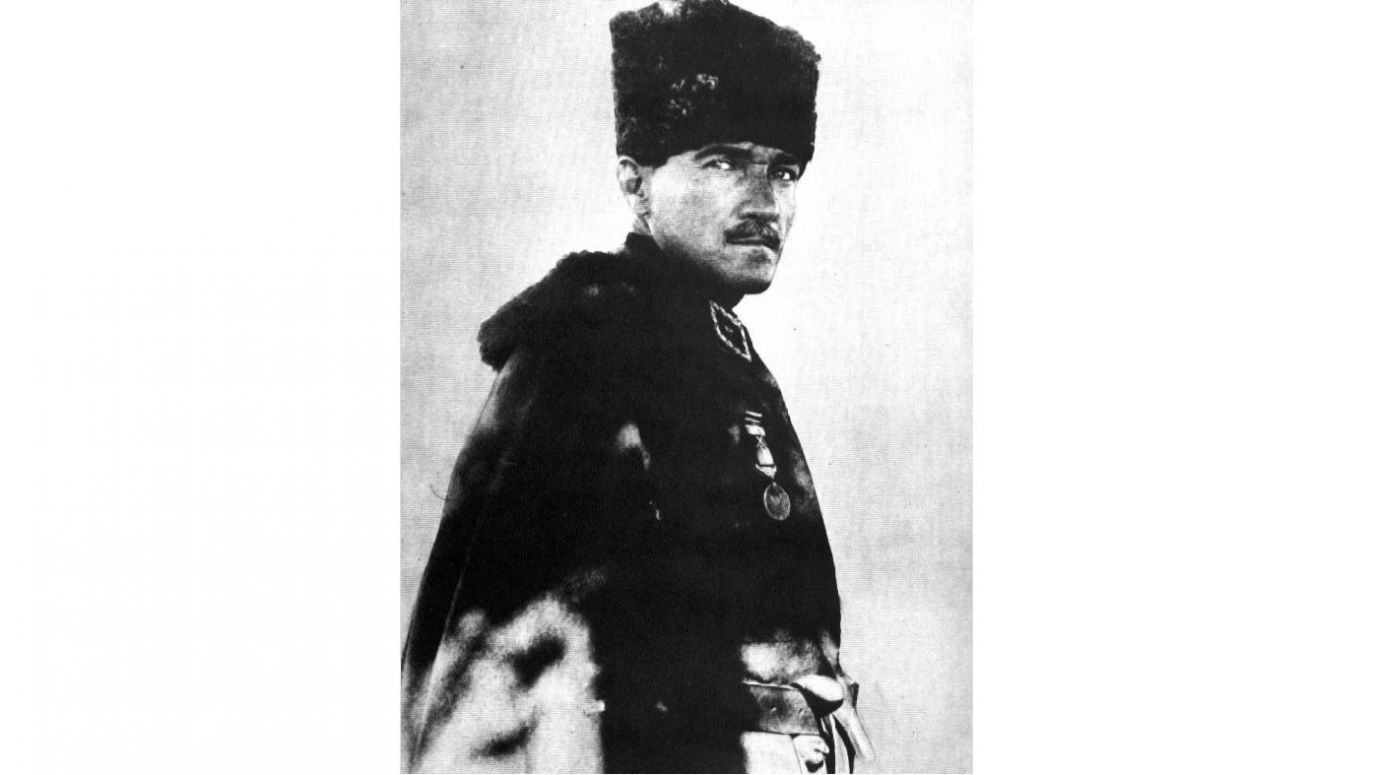
 SIGN UP TO OUR PAGE
SIGN UP TO OUR PAGE 
